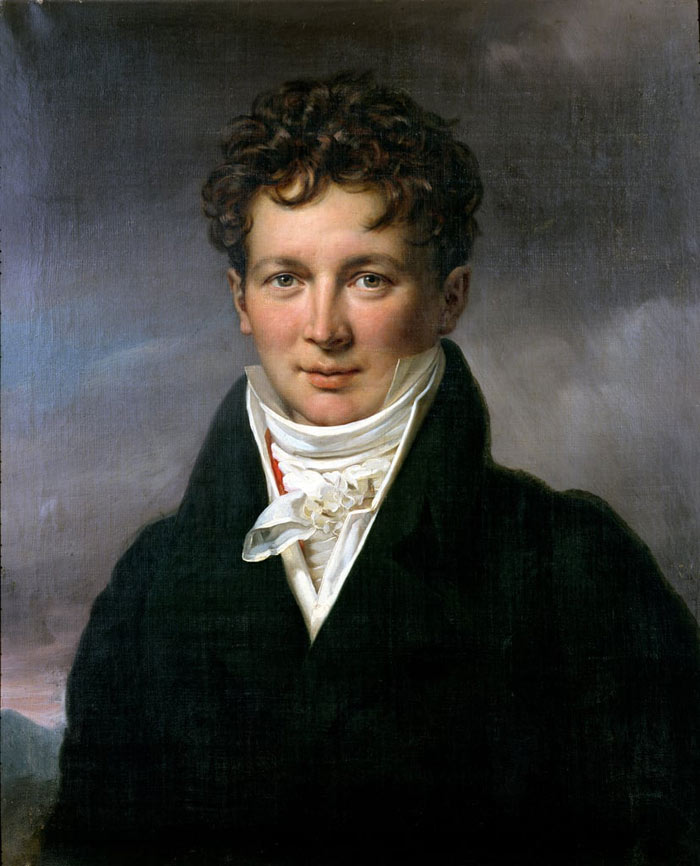Magendie, François (1738–1855)

François Magendie was a French physiologist ad neurologist, whio is regarded as the father of experimental pharmacology. He introduced the medical use of several drugs, including morphine, and first proved that in a spinal nerve the ventral (anterior) root has a motor function and the dorsal (posterior) root a sensory function. His work in neurophysiology, particularly his discovery of the differentiation of sensory and motor nerves, helped to lay the foundation for modern neuroscience and his contributions are still studied and recognized today.
Magendie was born in Bordeaux and studied medicine at the University of Paris, from which he graduated in 1808. After graduation, he worked as a surgeon in the French Army during the Napoleonic Wars. It was during this time that he began to develop an interest in physiology and anatomy.
Prior to Magendie's discovery of the differentiation of sensory and motor nerves, it was believed that all nerves were the same and that they transmitted both sensory and motor impulses. However, Magendie found that there are two distinct types of nerves: sensory nerves that transmit information from the senses to the brain, and motor nerves that transmit commands from the brain to the muscles. His discovery was made through a series of experiments in which he severed individual nerves in animals and observed their effects. He found that when he severed a sensory nerve, the animal lost sensation in the corresponding part of its body, but could still move normally. When he severed a motor nerve, the animal lost the ability to move the corresponding part of its body, but could still feel normal sensation.
Magendie's work on nerve differentiation was groundbreaking at the time and had significant implications for our understanding of the nervous system. His work helped to lay the foundation for modern neurophysiology and has been built upon by countless scientists since his time.
Magendie made several other important contributions to the field of neuroscience. He discovered the function of the cerebellum, a part of the brain that is responsible for balance and coordination. He also made significant contributions to our understanding of the digestive system, including the discovery of gastric juice and the role of the pancreas in digestion.


